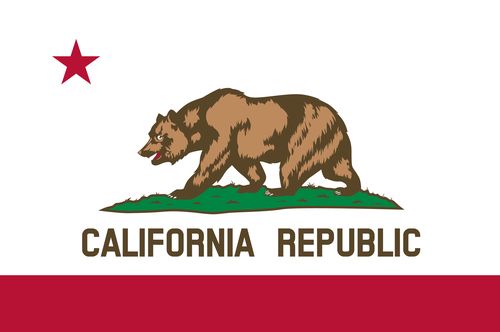Top Class Actions’s website and social media posts use affiliate links. If you make a purchase using such links, we may receive a commission, but it will not result in any additional charges to you. Please review our Affiliate Link Disclosure for more information.

California Minimum Wage
The federal minimum wage is $7.25, while the current minimum wage in California is $9.00 per hour.
Employers cannot use other costs of employment in order to decrease the required minimum wage. This includes tips, which cannot be used as an excuse to pay employees less than the state required minimum wage.
Employers also cannot decrease the minimum wage to cover the cost of required uniforms or uniform maintenance. An employer can only decrease the minimum wage by the cost of meals and lodging if the employee agrees in writing, and if this agreement is done voluntarily.
Some employees may be paid at a rate below the minimum wage. These employees include:
- Learners (employees who have no similar or related experience in the position, and must be taught) may be paid no less than 85 percent of the minimum wage
- Camp employees may be paid no less than 85 percent of the minimum wage
- Disabled employees and employees of nonprofit sheltered workshops and rehab facilities, provided a license has been acquired
Some employees are exempt from the minimum wage requirement. These employees are:
- Outside salespeople
- The parent, spouse, child, or legally adopted child of an employer
- Participants in an unpaid national service program (i.e. AmeriCorps)
- Direct employees of the state or any county, incorporated city or town, or other municipal corporation
California Overtime Laws
Wage and hour laws in California require employers to pay their employees one and one half times their regular hourly wage for overtime hours worked between eight hours and twelve hours per day.
The laws also require that employees should be paid twice their regular hourly wage for hours worked exceeding twelve hours per day. Employers should also pay twice the regular hourly wage for more than eight hours of work on the seventh consecutive workday.
Some employees are exempt from these overtime requirements. Employees whose salaries exceed $28,080 and spend over half of their work time doing administrative, professional, executive, computer professional, agricultural, motor carrier, or outside sales activities are exempt from these requirements.
Some occupations are exempt from overtime requirements under California law, but not under federal law. These include:
- Professional actors
- Parent, spouse, child, or legally adopted child of the employer
- Resident managers of small homes for the aged
- Participants in the national service programs
- Direct employees of the state or any county, incorporated city or town, or other municipal corporation
California Break Laws
California labor laws require that nonexempt employees are entitled to at least a 30 minute meal break within the first five hours of work. Nonexempt employees must also receive at least one 10-minute rest break for each four hours of work.
California Labor Standards
In California, there are penalties for failing to meet wage and hour laws, such as underpayment of wages, paying wages with insufficient funds, failure to provide meal or rest breaks, failure to provide one day’s rest in seven, and failure to pay wages timely upon termination.
California law also requires penalties for unlawful deductions from wages.
Filing a California Wage and Hour Claim
If you or someone you know has suffered from California wage and hour violations, you may be able to file a claim within three years from the date that the claim arose. Some penalties, however, are subject to a deadline of one year.
Wage claims can be filed with a local office of the Division of Labor Standards Enforcement (DLSE). Included in the claim should be as much information and documentation as possible. This includes the name, location, and method of doing business with the employer, as well as any other documents which support the claim.
Join a Free California Overtime, Wage & Hour Class Action Lawsuit Investigation
If you were forced to work off the clock or without overtime pay in California within the past 2 to 3 years, you have rights – and you don’t have to take on the company alone.
ATTORNEY ADVERTISING
Top Class Actions is a Proud Member of the American Bar Association
LEGAL INFORMATION IS NOT LEGAL ADVICE
Top Class Actions Legal Statement
©2008 – 2024 Top Class Actions® LLC
Various Trademarks held by their respective owners
This website is not intended for viewing or usage by European Union citizens.














